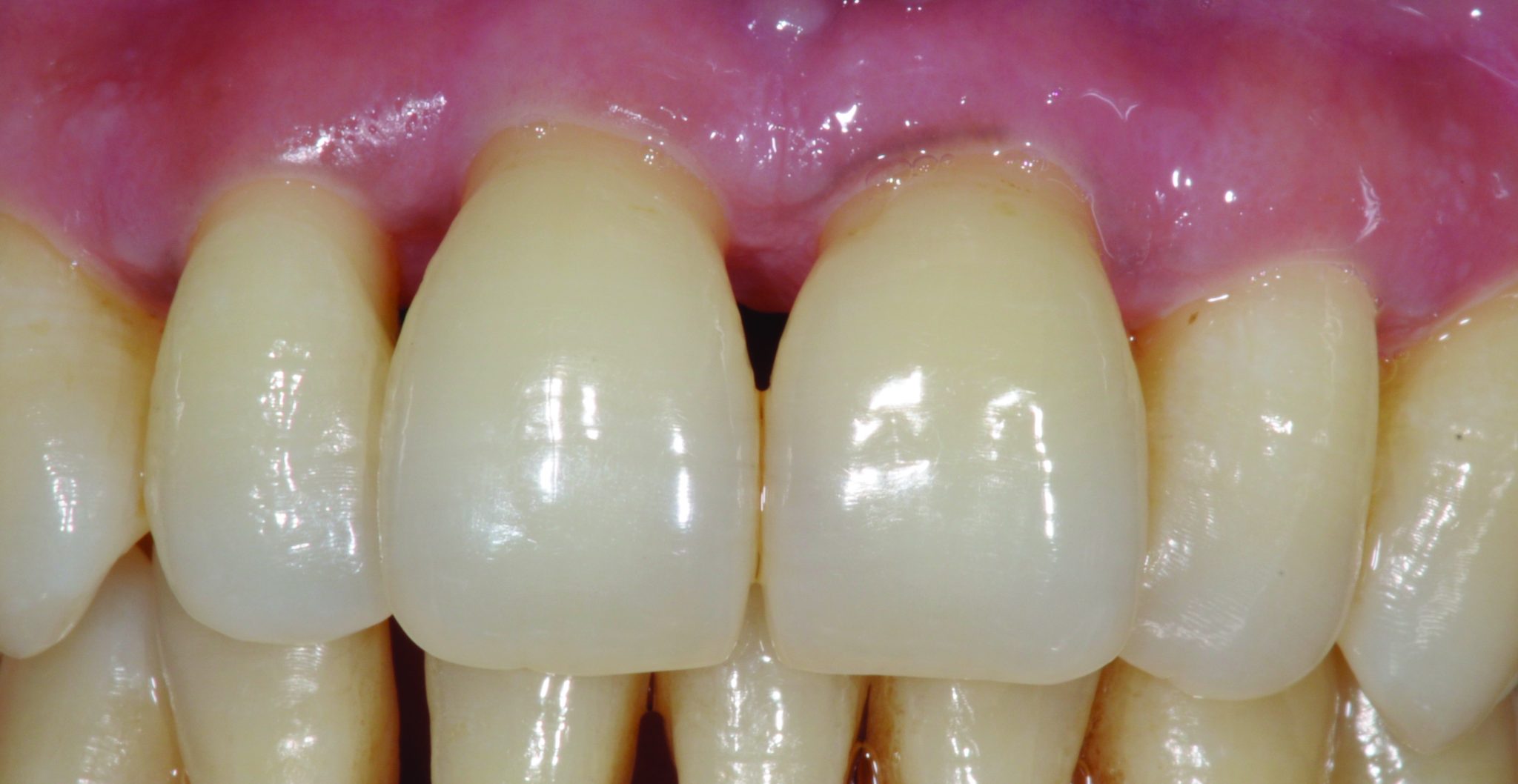Is periodontal disease a public health problem?
Promotional FeaturesPosted by: manpreet.boora 25th October 2017

The definition of periodontitis is inflammation of the tissue around the teeth. If the treatment of periodontitis was as easy as the definition, then things would be easy for us and our patients, but we know that this is not the case. It is my opinion that periodontitis is one of the most difficult diseases to treat successfully. This is because periodontitis is a complex chronic inflammatory disease, in which there are multifactorial with numerous systemic or local risk factors playing a role in the the progression of the disease1. The principle outcome for periodontal therapy is to stop the initiation and progression of periodontitis by controlling the microbial challenge and host factors that contribute to tissue destruction. Most patients with periodontitis can be predictably treated and maintained in health with good oral hygiene and removal of local risk factors, but in a small percentage of the population it can be very difficult to achieve. These patients are on a more aggressive disease pathway, which requires more intensive maintenance of their oral inflammation and the impact of periodontitis and periodontitis control on any systemic disease present. Inflammation is the key to the problem and there are many studies showing the complex interaction between the host and the oral microflora and now this seems to alter the way the host responds to the inflammation, usually with a negative outcome. There are five risk factors that contribute to the progression of periodontitis:
- Environmental factors- variation in subgingival flora
- Genetic risk factors- variation in host response
- Lifestyle factors – smoking, poor diet, and stress
- Systemic diseases – diabetes
- Other factors- tooth-related, occlusal, and iatrogenic factors
There are many studies suggesting patients who suffer from periodontal diseases are more susceptible to systemic complications such as inflammation, obesity and type 2 diabetes. Therefore suggesting that periodontal diseases could be a potential contributing risk factor for many other systemic diseases. However the mechanism are not fully understood in all of the situations.
Chronic low-grade inflammation has been suggested to be involved, not only in the pathogenesis of obesity and diabetes, but also in the pathogenesis of periodontitis where the inflammatory cytokines play a significant role in the host’s response to the oral biofilm2,3. For this reason we would benefit by working with our colleagues in the medical field to help manage our patients systemically. Again it has been suggested the biological connection between periodontitis and systemic diseases are infection in the pathogenesis of both diseases, low-grade bacteremia caused by periodontal diseases, the host response to inflammation triggered by periodontal diseases and periodontal pathogens producing virulence factors4,5. The detailed mechanisms underlying this association are still not clear, but there are suggestions that there is a bidirectional link between the mechanism of periodontal diseases and systemic/metabolic diseases where both diseases could affect each other with a negative outcome.
Periodontal disease costs the NHS over £2.8 billion and has been shown to have significant health impacts beyond oral cavity. The question we need to ask ourselves as clinicians is how to treat our periodontal patients? Do we only focus on oral hygiene as the most important factor to resolve the disease? Do we start to look at our patients as a whole body system which will influence the outcome of periodontal therapy? I feel we are at a point where we are not just focusing on the oral cavity, but are looking at our patient holistically and how we can influence the external factors such as lifestyle, which may influence the systemic conditions that can lead to a positive outcome to our therapies.
To complete this article and gain one hour of verifiable CPD, https://the-probe.co.uk/courses/course_category/brush-up








